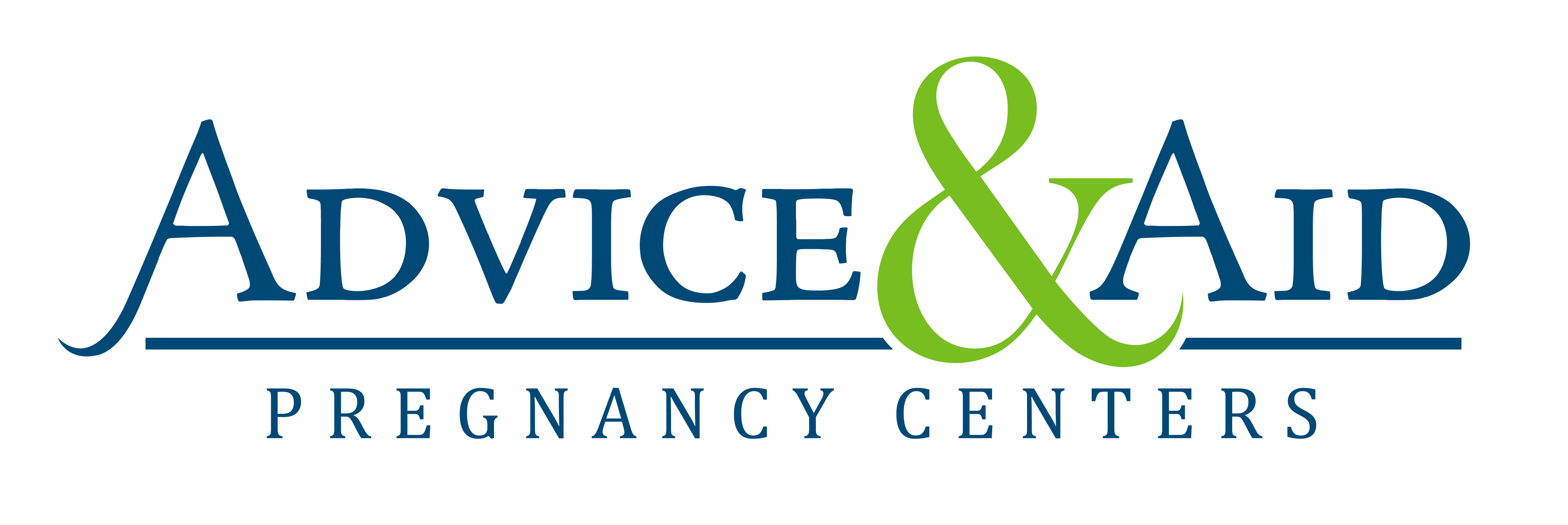Menstruation (or a period) can be very confusing. Most women (and men too!) do not have a complete understanding of the woman’s reproductive system and what actually happens during the menstrual cycle. It is very important to understand the period cycle and fertility.
Girls will usually start their periods between the ages of 8 and 13, though it is not uncommon for some women to start it later than the age of 13. When females are born, they already have a uterus, fallopian tubes and ovaries. In fact, at the time of birth, a woman will already have thousands of eggs in her ovaries!
When a girl reaches puberty, the pituitary gland releases hormones that stimulate the ovaries to produce other hormones called estrogen and progesterone. These hormones will have many effects on a girl’s body including breast development, physical maturation, growth, and emotions.
Once a month, an egg will mature and leave one of the ovaries. This is a process called ovulation. The egg will travel down one of the fallopian tubes toward the uterus. In the days prior to ovulation, hormones will stimulate the uterus to build up its lining with extra blood and tissue to make the walls of the uterus thick and cushioned. This prepares the uterus for pregnancy. If the egg is fertilized by a sperm cell, it travels to the uterus and attaches to the cushioned wall of the uterus, where it develops into a baby.
If the egg is not fertilized though, it does not attach to the wall of the uterus. When this happens, the uterus sheds the extra tissue lining. The blood, tissue, and unfertilized egg leave the uterus through the vagina on the way out of the body. This is a menstrual period. The bleeding may last 2-7 days, and the amount of bleeding can vary from woman to woman.
Menstrual cycles may last approximately 28 days. Some women will have shorter cycles (21-27 days) and some women will have longer cycles (29-45 days). Ovulation time for each woman may be different, and it is important to understand your own body and its signs of peak fertile time. For more information, visit www.ccli.org.
If you have any questions about your period, it is important to speak with a doctor or nurse about your concerns. If you experience any of the following issues, it’s especially important to speak with a medical professional:
- Your period lasts longer than a week
- Your blood soaks through more than one pad or tampon every 1-2 hours
- You have irregular periods
- You have bleeding in between periods
- You have an unusual amount of pain before or during your period
- Your periods were regular, and then became irregular
- You did not receive your period as expected (a “missed” period)
And all of this is exactly why we are here!
References:
SymptomFind.com
WomensHealth.gov
If you have questions regarding your period, or even questions related to sex, and don’t feel comfortable asking someone you know, we are here for you.
You can get honest, open facts from a compassionate & knowledgeable source. We have nurses on staff that can help with any question you have – and every appointment here is completely free. All you have to do is make the appointment . . . or even just call. We are here to answer any of your questions and help you stay healthy!
Additional Educational Articles from the Advice & Aid Staff:
Pregnancy Education
Sex Education


